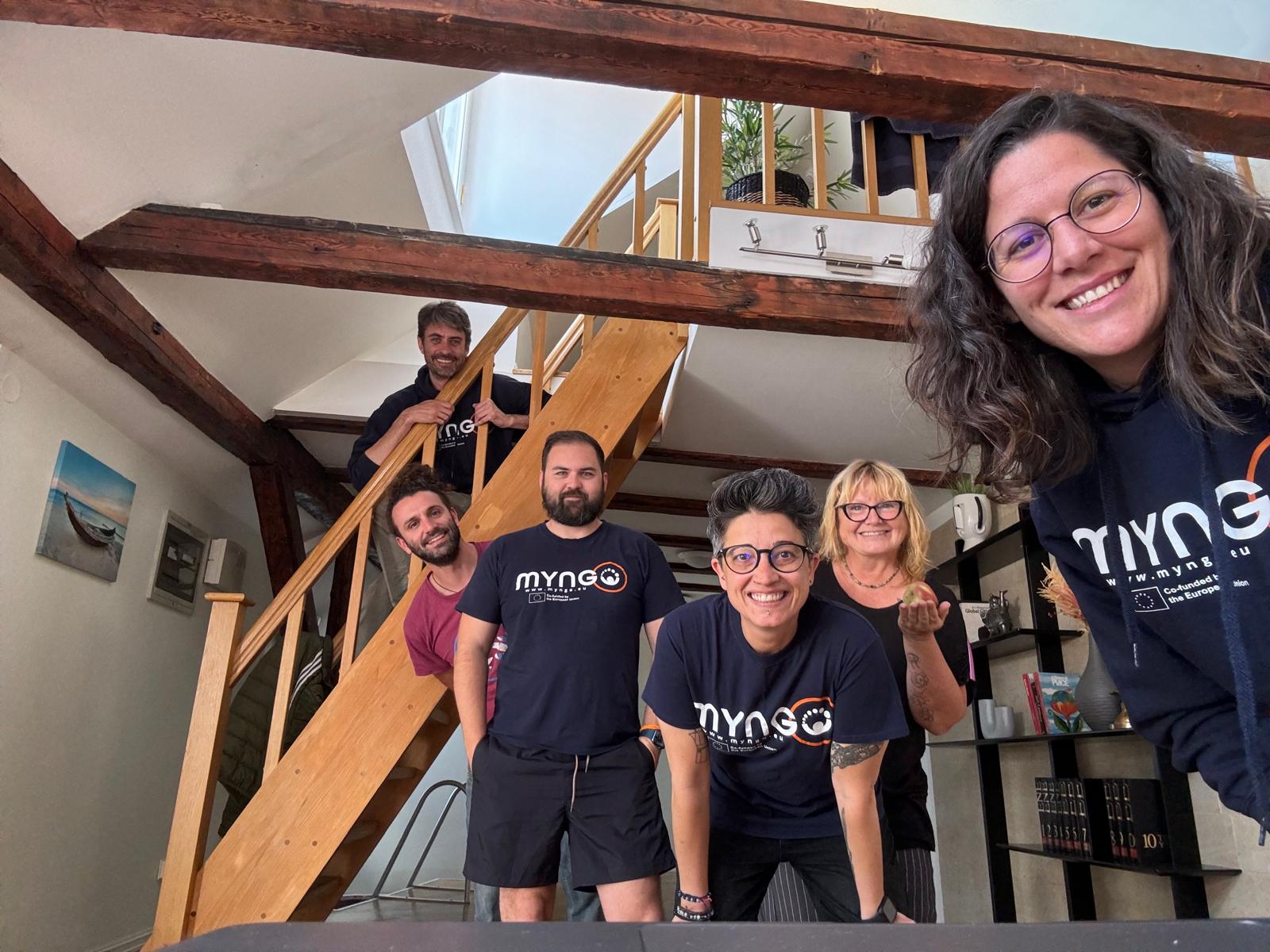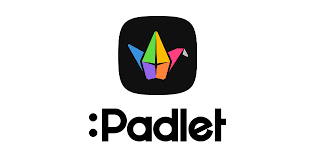Nowadays, young people face unique challenges and opportunities shaped by their constant interaction with technology. As digital natives, they navigate a landscape where social media, online communication, and information overload are omnipresent. Amidst these complexities, fostering digital wellness and resilience has become paramount in supporting the holistic development of youth. This article explores strategies and practices for empowering young people to navigate the digital world with resilience and mindfulness.
Digital wellness encompasses the holistic well-being of individuals in their digital lives, encompassing physical, mental, and emotional health. It involves striking a balance between technology use and offline activities, maintaining healthy boundaries, and cultivating mindful engagement with digital tools. Educating young people about the importance of digital wellness is the first step in empowering them to make informed choices and develop healthy habits.

Mindfulness practices offer valuable tools for cultivating awareness and intentionality in technology use. Encouraging young people to practice digital mindfulness involves fostering present-moment awareness, managing distractions, and cultivating a healthy relationship with screens. Techniques such as mindful breathing exercises, digital detoxes, and setting tech-free zones can help young people develop greater self-regulation and control over their digital habits.
Resilience is the ability to bounce back from adversity and adapt to challenges, and it is a critical skill for navigating the complexities of the digital world. Building resilience involves developing coping strategies, problem-solving skills, and a growth mindset that embraces failure as an opportunity for learning and growth. Encouraging young people to view setbacks as temporary and surmountable, rather than insurmountable obstacles, fosters resilience in the face of digital stressors.
While technology can contribute to digital stress, it also offers valuable resources for promoting mental health and well-being. Digital tools such as mental health apps, online therapy platforms, and virtual support communities provide accessible avenues for young people to seek help and support. Educators, parents, and mentors can play a crucial role in connecting young people with these resources and destigmatizing conversations around mental health.
Empowering young people to become responsible digital citizens involves cultivating empathy, critical thinking, and ethical decision-making in their online interactions. Encouraging empathy-building exercises, promoting digital literacy skills, and engaging in discussions about online etiquette and cyberbullying prevention are essential components of digital citizenship education. By fostering empathy and compassion, we can create a more inclusive and supportive digital environment for young people.






